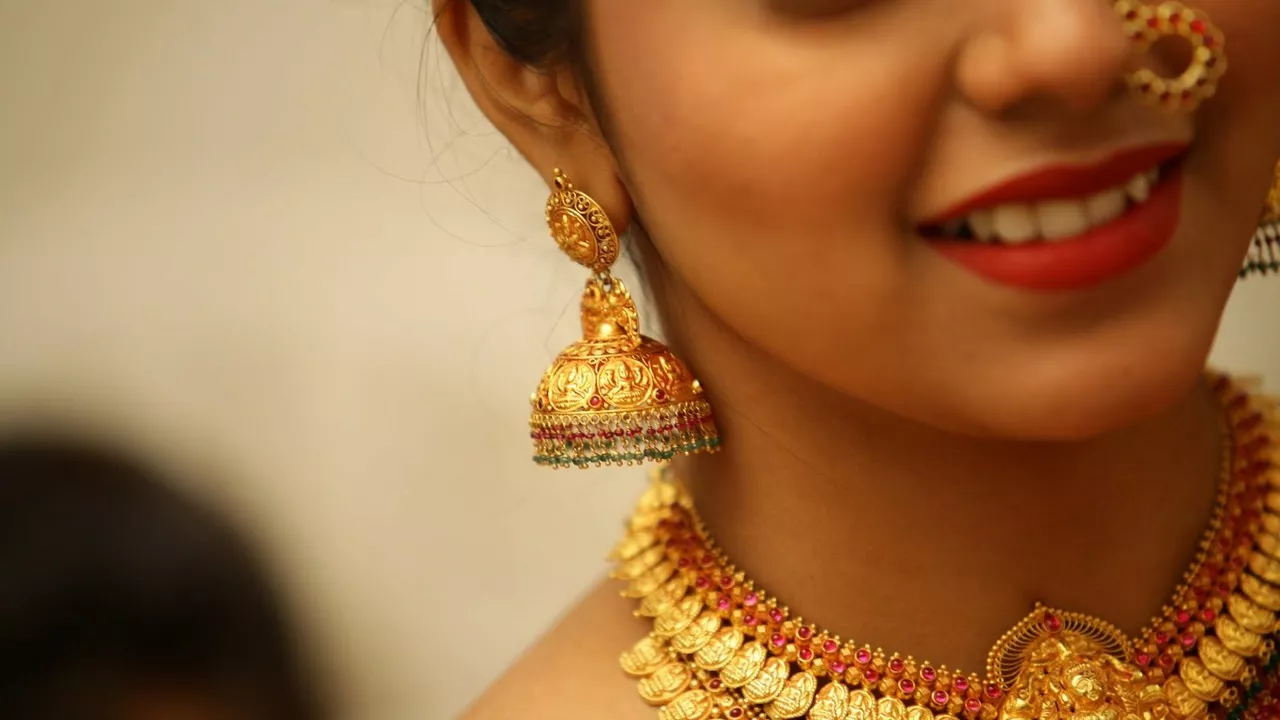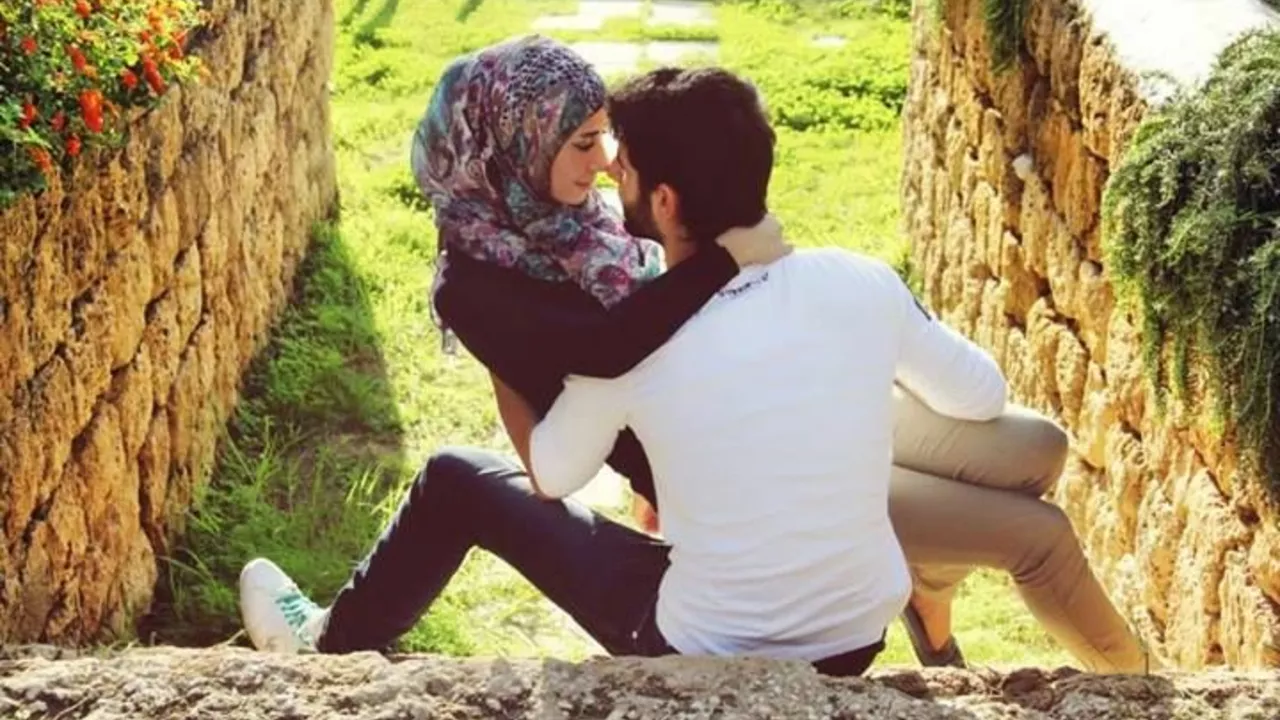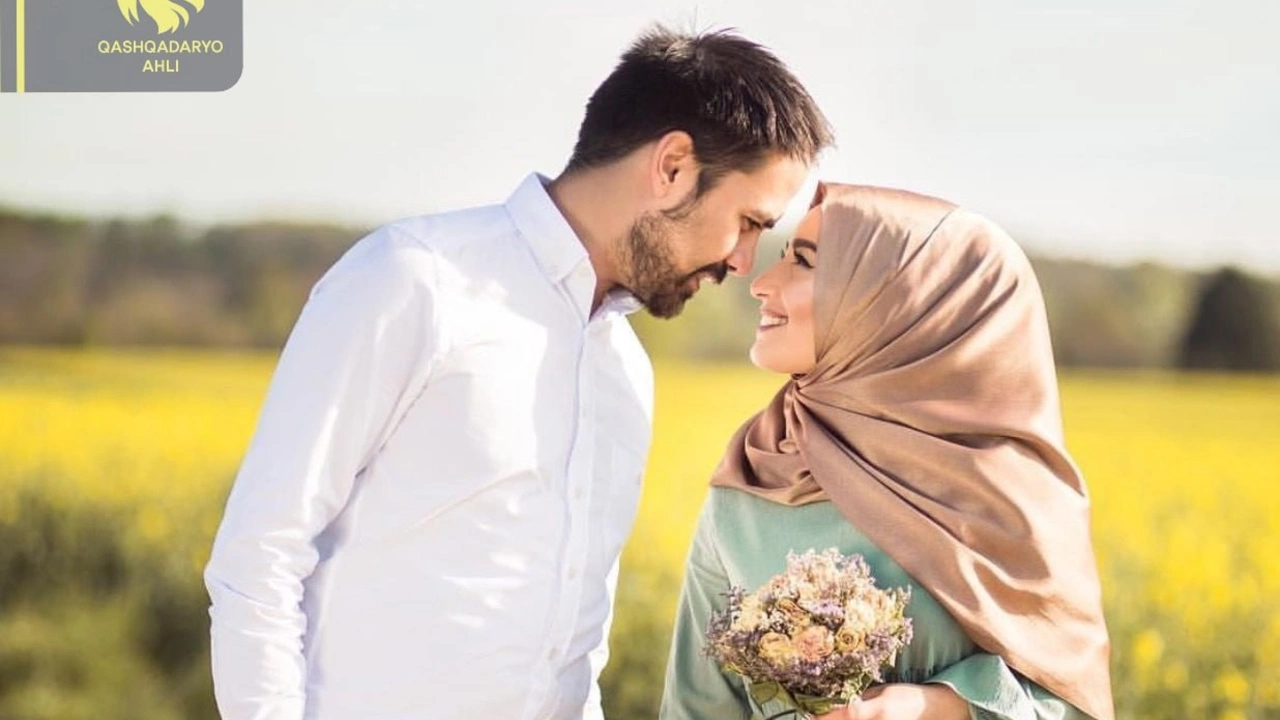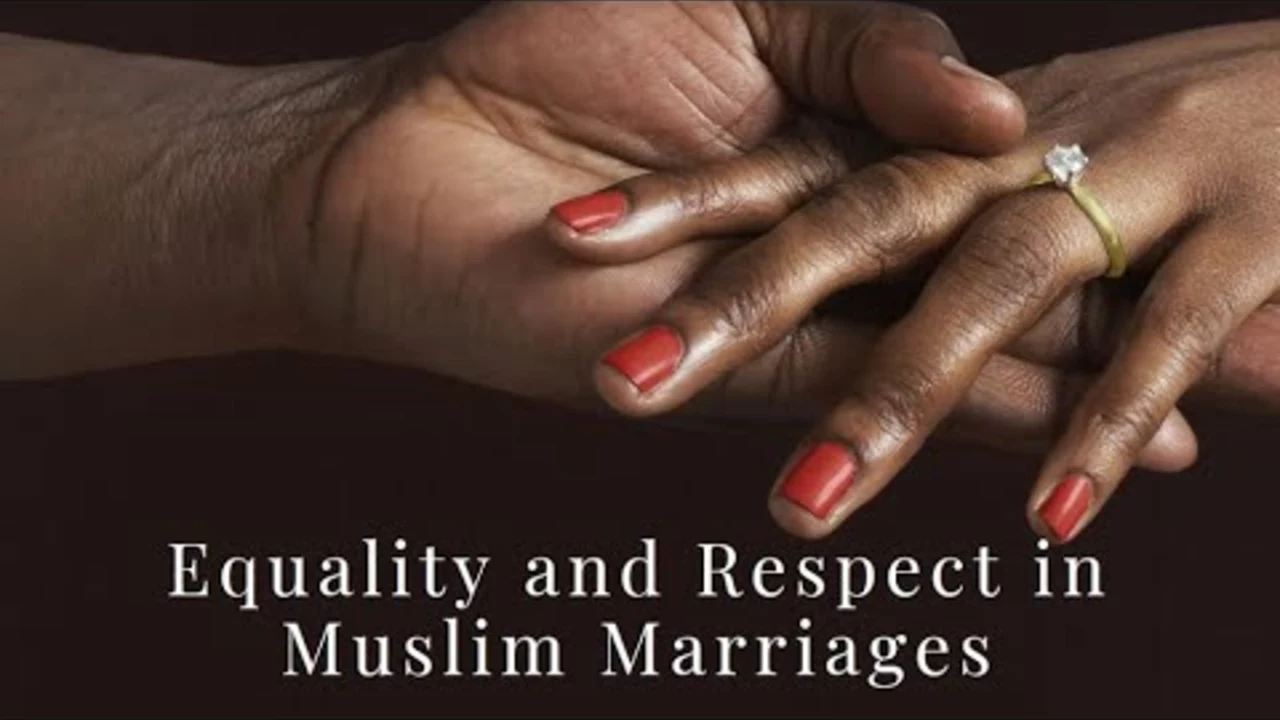July 2023 Archive: Culture, Love, and Social Talk on India Muslim Connection
Welcome back! This month we dug into five topics that spark curiosity across the Muslim world. From shiny gold bracelets to the way love works in a marriage, each post keeps the conversation real and relatable. Below you’ll find quick takeaways and why they matter to anyone wanting a clearer picture of Muslim life today.
Gold, Fashion, and Finance
One article asked, “Why do Middle Eastern women wear a lot of gold?” The answer broke down three simple reasons. First, gold is a cultural statement – it signals heritage and pride. Second, it’s a fashion staple that matches every outfit, from daily wear to celebrations. Third, and perhaps less obvious, gold acts as a safety net. In tough times families can sell or pawn pieces and get cash quickly. So the sparkle is as much about style as it is about smart financial planning.
Relationships and Beliefs
We also explored how love shows up in Muslim marriages. One post confirmed that many Muslim women do fall deeply in love with their husbands, describing the bond as heartfelt and genuine rather than a distant duty. Another piece tackled a common question: are Muslim women expected to be obedient? The writer clarified that respect is encouraged, but obedience isn’t blind. It’s about partnership, shared decisions, and mutual care, echoing the Qur’an’s call for balance.
Turning to attraction across borders, a contributor shared that Muslim men can be drawn to non‑Muslim Western women, just like anyone else. Preference isn’t dictated by religion alone; personality, interests, and values take the front seat. The post warned against sweeping generalizations – each person’s story is unique.
Lastly, we examined why some Western feminists hesitate to critique Islam. The discussion pointed out two main fears: sparking accusations of Islamophobia and imposing a Western‑centric view on diverse cultures. While those concerns are understandable, the article argued that open, respectful dialogue is essential for true gender equality everywhere. Ignoring problematic practices doesn’t help anyone.
All together, July’s posts offered a mix of cultural insight, personal stories, and thoughtful debate. Whether you’re curious about why gold glitters on a bride’s hands or how love grows in a Muslim home, there’s something here that speaks to everyday experiences. Keep scrolling, share your thoughts, and join the conversation – the community is richer when we all listen and learn.
- Zayden Kurosawa
- 0
Why do Middle Eastern women wear a lot of gold?
Alright folks, here's a golden nugget of culture for you - Middle Eastern women are often seen sparkling in gold, and there's a delightful backstory to it! Now, it's not just because they have a secret love affair with the Midas touch, there's actually a cocktail of cultural, economic, and social reasons at play. You see, gold isn't just their preferred bling, it also serves as an economic security blanket. In times of crisis, they can easily liquidate it. So, they're not just fashion-forward, they're finance-forward too! Now who said women can't multitask? They're working their gold while making solid gold financial decisions!
Read more- Zayden Kurosawa
- 0
Do Muslim women fall in love with their husbands?
So, you're curious if Muslim women fall head over heels for their husbands, eh? Well, hold on to your keyboard, because the answer is a resounding 'yes'! While every love story is unique, many Muslim women do indeed fall deeply in love with their husbands, often cherishing them with a passion that could outshine the most vibrant sunset. It's not a mushy movie, folks, it's real life - a heart-throbbing, toe-curling love story played out in homes across the globe! So, if you were wondering if Muslim women are capable of such profound affection - they are, and it's a beautiful sight to behold!
Read more- Zayden Kurosawa
- 0
Are Muslim men attracted to non-Muslim women from the west?
From my exploration of the topic, it's clear that attraction isn't confined to religion or geographical boundaries. Muslim men, like any other men, can be attracted to non-Muslim Western women. It's about personal preferences, shared interests, and the human connection, not religion or origin. However, cultural and religious beliefs can influence relationships. It's crucial to remember that everyone is unique, so we can't generalize all Muslim men's preferences.
Read more- Zayden Kurosawa
- 0
Are Muslim women supposed to be obedient to their husbands?
In my exploration of the topic "Are Muslim women supposed to be obedient to their husbands?", I found that it's a nuanced issue. Yes, Islamic teachings encourage women to respect their husbands, but it's not about blind obedience. The relationship should be based on mutual respect and understanding. The Qur'an emphasizes the importance of equal partnership and shared responsibilities in a marriage. Therefore, obedience doesn't mean submission, but rather a harmonious relationship built on love, trust and respect.
Read more- Zayden Kurosawa
- 0
Why is western feminism so afraid to criticize Islam?
It seems that Western feminism often hesitates to criticize Islam, perhaps due to a fear of feeding into Islamophobia or appearing insensitive to cultural differences. Furthermore, there is a desire to respect freedom of religion and avoid western-centric viewpoints. However, this silence can lead to the overlooking of genuine issues of gender inequality within Islamic societies. It's a delicate balance to strike, but open dialogue and respectful criticism should be encouraged in all aspects of society, including religious ones. After all, the goal of feminism is equality for all, regardless of culture or creed.
Read more



